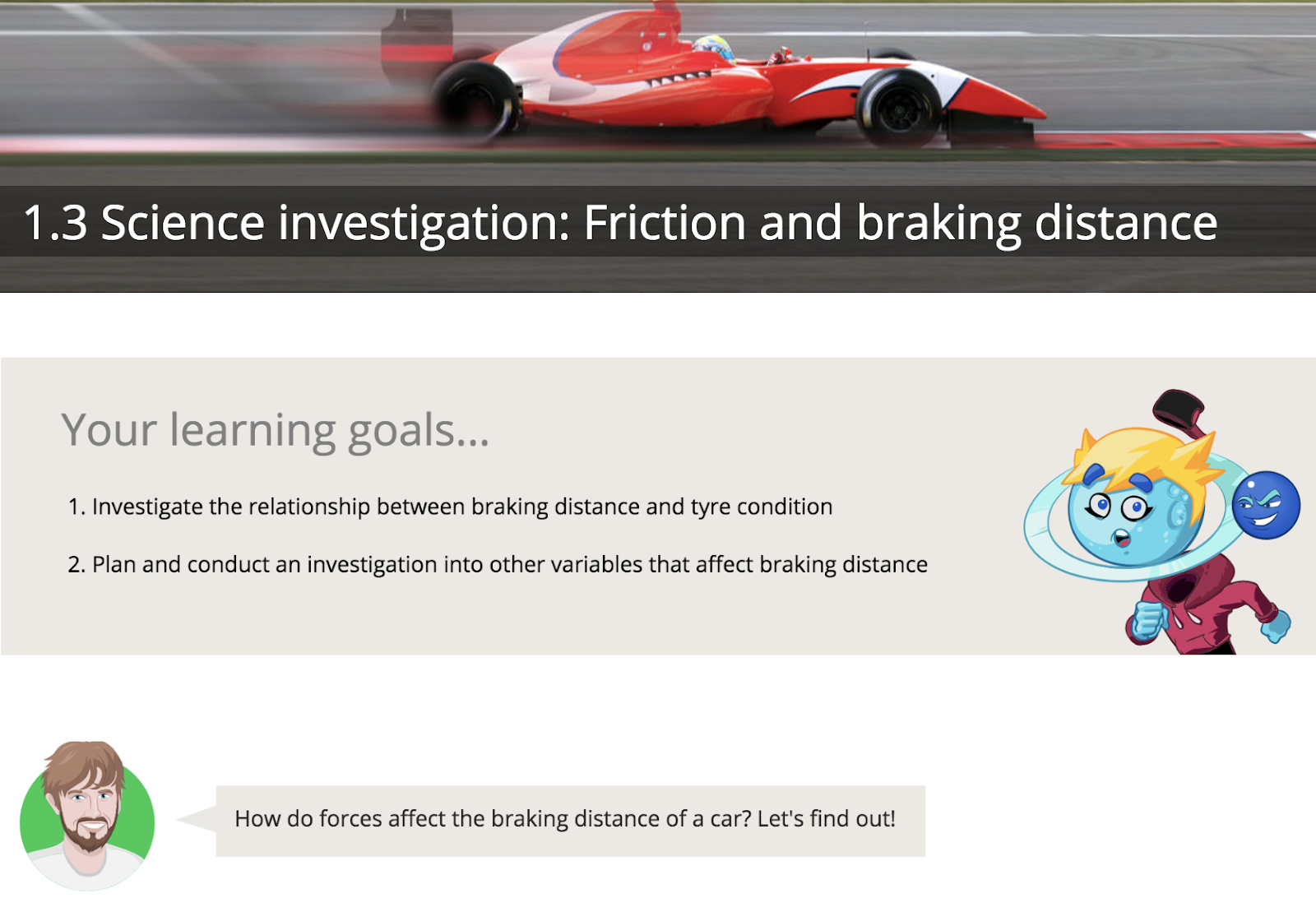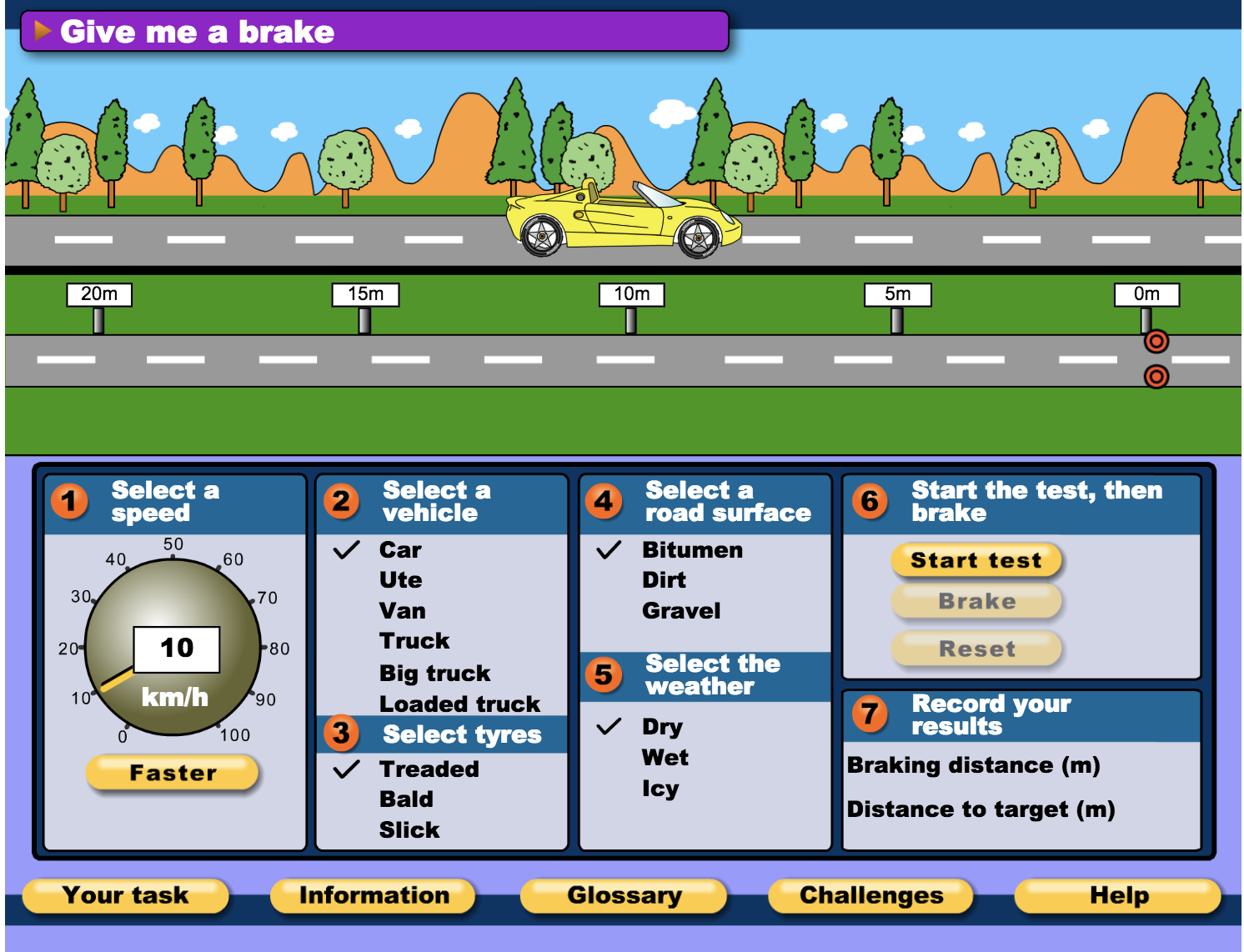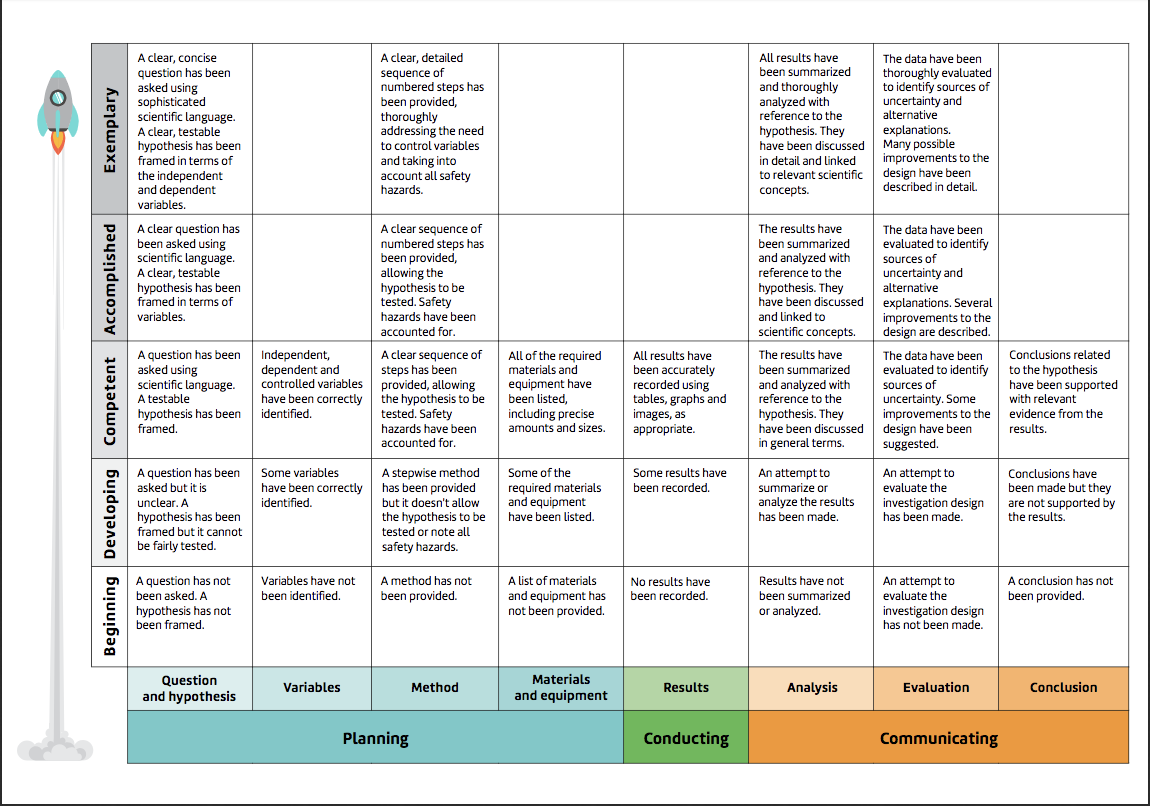How to prepare your students for depth studies in Stage 6 science

The major changes, of course, come in the form of depth studies, and the greater emphasis on developing students’ inquiry skills. We’re particularly passionate about this at Stile, and as such, have developed a range of resources to help students in Years 5–10 to develop science inquiry skills. This early preparation will ensure that your students are ready to tackle these components of the curriculum head-on when the time comes.

Science Investigations
Over the past year, we’ve added even more science investigations to our units which require students to develop their ‘working scientifically’ skills across a range of contexts. Stile provides varying levels of scaffolding, from closed to open inquiry. This allows students the opportunity to authentically explore science phenomena and contexts before (importantly) applying them to real-world contexts.

As an example, our latest update to our Forces unit for Stage 4 scaffolds a scientific inquiry using an interactive simulation that tests the factors that affect braking distance. With students having learned and practised the necessary skills; such as identifying and selecting variables and collecting and analysing results, they are then asked to apply their knowledge to a new context — planning and conducting their own hands-on scientific inquiry, investigating how forces affect the motion of a toy car travelling down a ramp.
Templates for open-ended inquiry
Alongside the science investigations that are embedded within Stile’s units, we’ve also created templates to help scaffold students’ independent inquiries or research projects. They even allow you to design your own investigations for your students. There are primary, junior secondary and senior secondary versions of each of these.
Assessment rubrics
Each science investigation also includes an assessment rubric, that can be used for self, peer or teacher assessment, so that students can monitor their progress and see the growth in their skills over time.

‘Conducting science investigations’ mini-unit (coming soon)
In the next few months, we’ll be releasing a ‘science investigations’ mini-unit to help students develop their understandings of each different aspect of the inquiry process.
Using the resources available in Stile will ensure that your students will be adequately prepared to tackle these changes. And, more importantly, they’ll be equipped with the skills that allow them to become lifelong learners. Together with Stile, you can set students into their senior studies and beyond as scientifically literate citizens.

